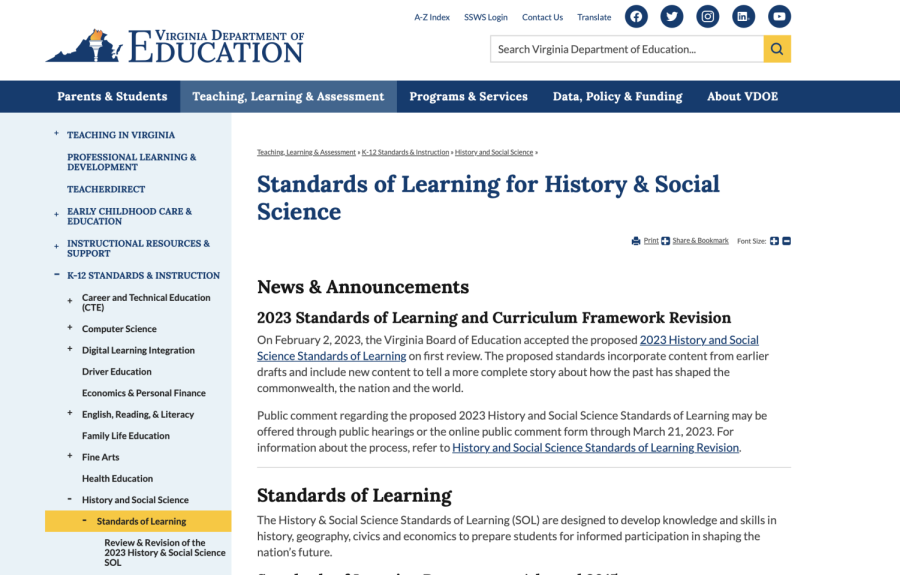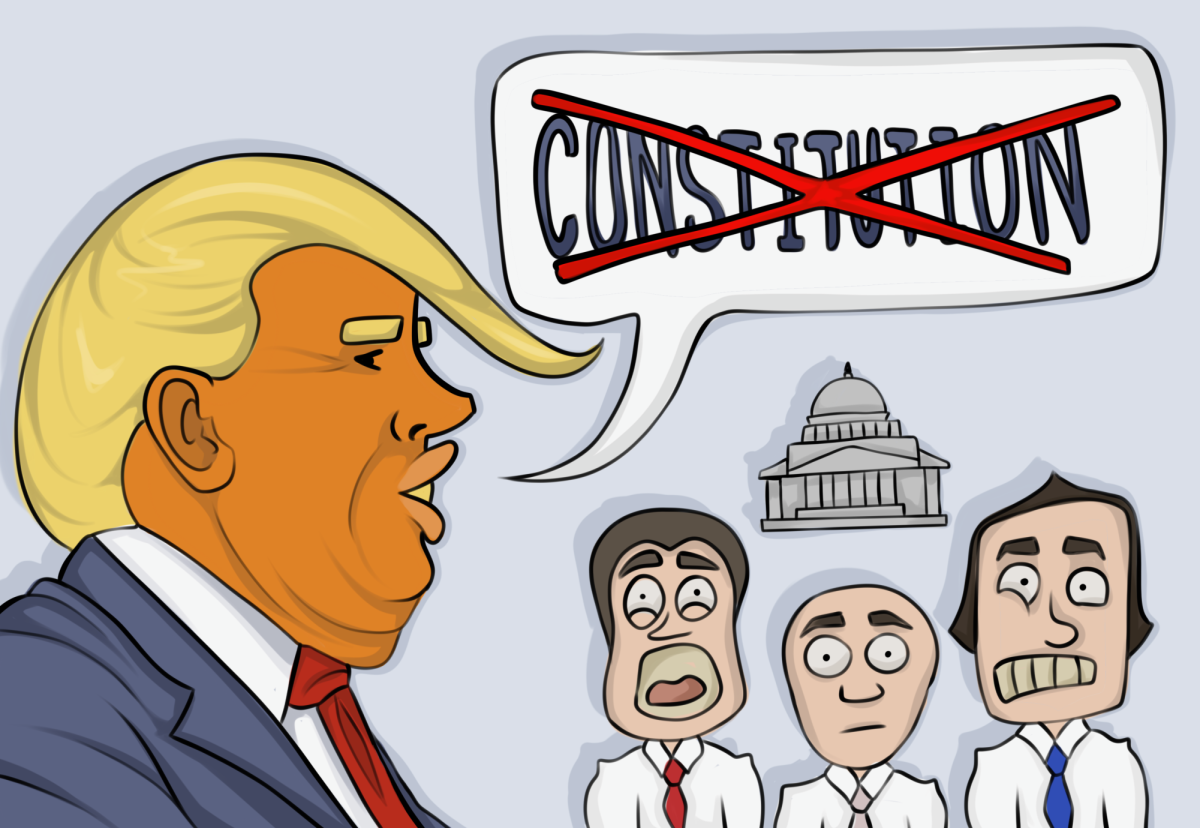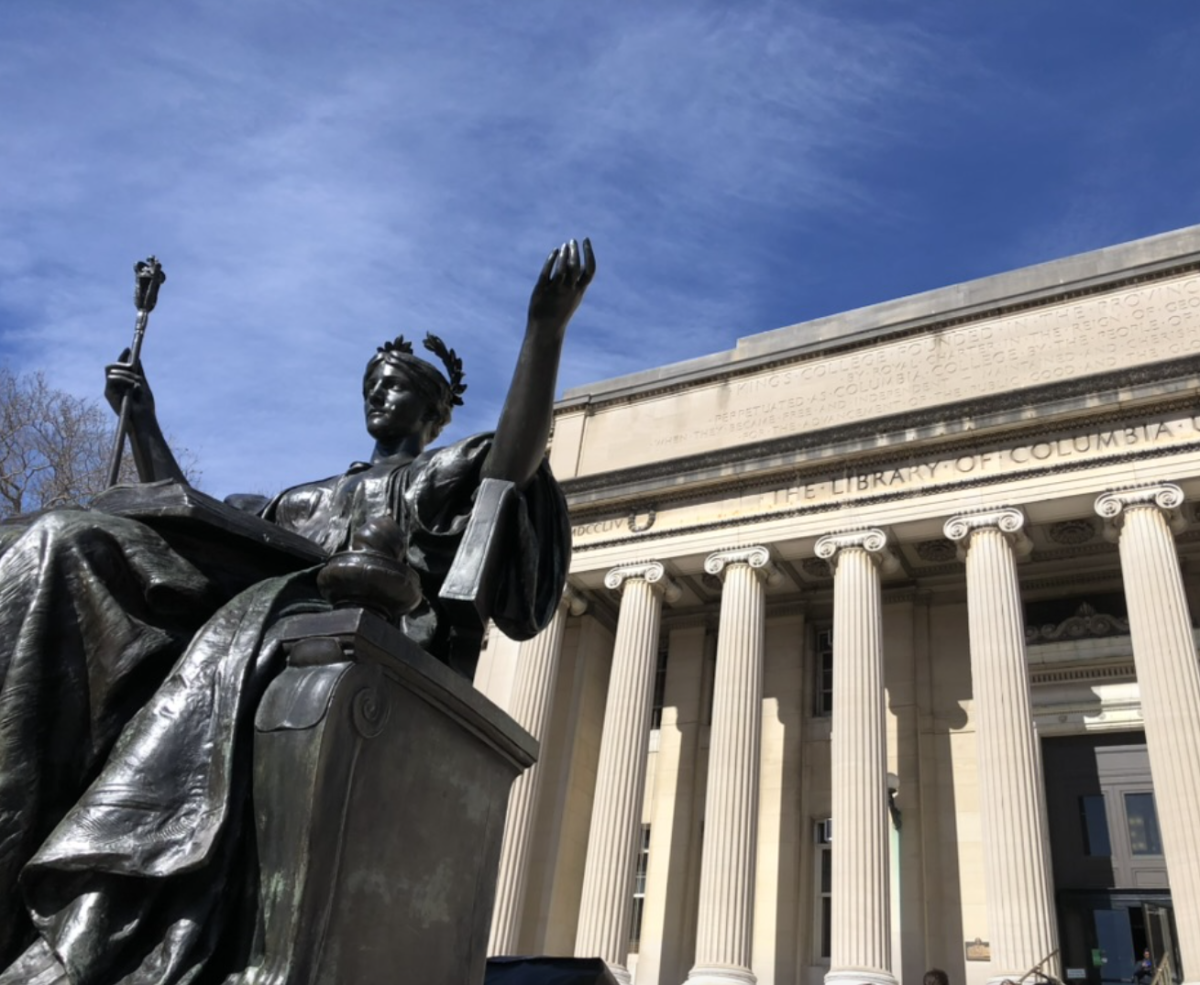Virginia’s newest draft of the 2023 History and Social Science Standards of Learning represent a culmination of Gov. Glenn Youngkin’s politicization of public education. The proposed guidelines were presented by the Youngkin administration’s Superintendent of Public Instruction Jillian Balow, who has since resigned, on Feb. 2, 2023, and were accepted on first review. When public comments took place throughout March, critics held the same concerns as the previous draft. The standards do more harm than good in determining what school boards and educators must follow and what enters classrooms across the commonwealth.
The newest standards were proposed six months after Balow’s original draft was rejected subsequent to hours of negative public opinion. In the November draft, Martin Luther King Jr. Day and Juneteenth were left out of elementary standards, and Indigenous people were referred to as immigrants. In essence, the original draft whitewashed history and ignored education officials and experts who collaborated for over a year to produce a comprehensive draft beginning under former governor Ralph Northam.
Not only does the adopted draft weaponize education as a means to score political points from conservatives, but the newest draft is less than a quarter of the length of the August 2022 draft.
Notably, the guidelines cover little history of Indigenous people, other than acknowledging their existence, and introduce several courses with European exploration. A reference to Indigenous Peoples’ Day alongside Columbus Day was removed in the second draft, despite it being included in previous drafts. Youngkin and the Board of Education disregarding the history of a group present in America long before Europeans promotes a false and dangerous idea to young students that American history begins with European immigration.
Older proposed Standards of Learning incorrectly placed the Sept. 11, 2001, terrorist attacks in the Cold War section, though it has since been corrected. Nonetheless, the blatant disregard for accurate history should raise a red flag for those in the education system.
As if Youngkin had not politicized education enough during his gubernatorial race, the newest draft continues to attempt to subtly promote a conservative rhetoric against critical race theory (CRT) in public K-12 education.
The guidelines state that “teachers should engage students in age-appropriate ways that do not suggest students are responsible for historical wrongs based on immutable characteristics, such as race or ethnicity.” Phrases like this are commonly used among conservatives to falsely imply that CRT is being taught in public schools, but it has no significance apart from a political statement.
Additionally, the lack of transparency when the newest guidelines were developed leaves speculation about who and what organizations were consulted. When creating draft guidelines, the Virginia Board of Education refused assistance from numerous reputable organizations, including the American Historical Association and the National Council for the Social Studies, in developing the standards.
Requests to adopt an alternative draft that was authored by six education, history and civil rights organizations were rejected by the Board, indicating a lack of interest in teaching accurate history and working with stakeholders and a greater interest in sending a political message.
Elected officials made their goal to politicize education clear by killing legislation that would have required the Board to publish a list of any consultants used in revising educational standards and how much they were paid at least 30 days prior to a public hearing.
Using children and educators as political pawns is dangerous. In order to maintain the integrity of education in Virginia, legislators and public servants should be prioritizing substantive education policies and guidelines over sending political messages. Instead, the new History and Social Science Standards of Learning are not sufficiently developed, wholly educational nor apolitical.








